#Industry4.0 #IIoT #IoT #DigitalTransformation
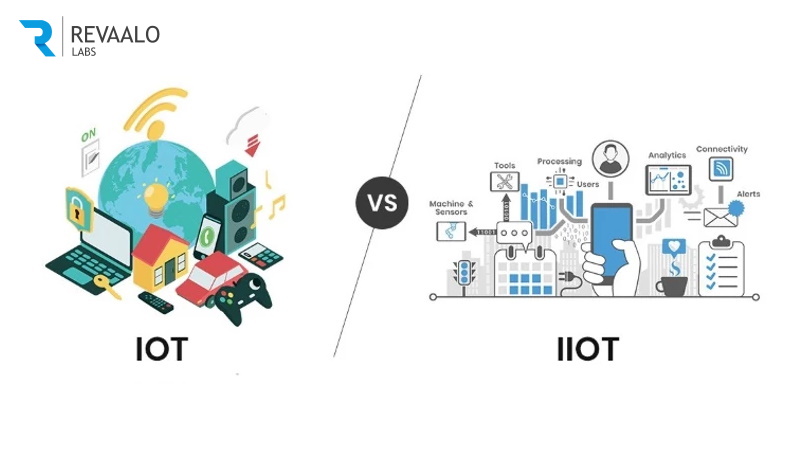
The Industrial Internet of Things (IIoT), also known as the Industrial Internet, brings together brilliant machines, advanced analytics, and people at work. The industrial internet of things (IIoT) is the use of smart sensors and actuators to enhance manufacturing and industrial processes.
IIoT focuses on improving connectivity, efficiency, scalability, time savings and cost savings for industrial organisations, and will sometimes be used interchangeably with Industry 4.0.
The Industrial Internet of Things is defined as
“machines, computers and people enabling intelligent industrial operations using advanced data analytics for transformational business outcomes”.
Note down the key word transformational! It is very important not to fall behind your competitors.
The two technologies, IoT and IIoT, recently became widely popular. These technologies are quite different, being only similar to each other in their abbreviated names and high-level concepts. One of the greatest benefits of Industrial Internet of Things has to be seen in the reduction of human errors and manual labor, the increase in overall efficiency and the reduction of costs, both in terms of time and money. We also cannot forget the possible underpinnings of IIoT in quality control and maintenance.
IoT, on the other hand, tends to be consumer-level devices with low risk impact when failure happens. Smart homes, smart security systems, real-time tracking tools, and monitoring systems, connected factory, smart gloves, smart mirrors, wearable smart devices, etc. are some of the examples of IoT.
IIoT brings the potential to bring machine learning and big data technology into play to bring automation technologies to a new level of self-contained performance. Think of sensors (pressure, temperature, vibration, flow, and many more), that are already collecting data, but now that data can be combined with data from other systems and collected, analyzed, and exchanged in new ways.
Summary:
While IoT is most commonly used for consumer usage, IIoT is used for industrial purpose such as manufacturing, supply chain monitor and management system. On one side, where IoT enables consumers to reap the benefits of the pervasive digital revolution, the Industrial Internet of Things (IIoT) facilitates machine-to-machine (M2M) communication benefiting industries across sectors.
IIoT in manufacturing can establish a smart factory, facility management, monitoring production flow, inventory management, predictive and proactive quality testing, safety and security, warehouse optimization, and supply chain management.
It is important to understand that we already have connected devices in the industrial world, but the vision behind IIoT is to open these closed ecosystems to the IT / cloud world.
The future of IoT and IIoT:
Everything is about the vision of a connected world. Devices will talk to other devices, software or clouds to enable a huge potential. Over the coming years, the adoption of IoT and IIoT technologies will continue to grow. It is expected that the world will have 25 billion connected devices by 2021. Globally, the IIoT market is expected to grow to $ 771.72 billion by 2026.
“The Industrial Internet [of Things] will transform many industries, including manufacturing, oil and gas, agriculture, mining, transportation and healthcare. Collectively, these account for nearly two-thirds of the world economy.”
— World Economic Forum, Industrial Internet of Things Report
Currently, IoT and IIoT can help give companies an edge over the competition. Increasingly, companies need to use these technologies to avoid falling behind their competitors, and their importance for businesses will continue to grow over the coming years.
Revaalolabs `s IoT and IIoT solutions:
If you are evaluating IoT solutions for industrial applications you must ask the hard questions. Today’s IIoT solutions are emerging and evolving in a very dynamic market. Vendors offering IIoT solutions may be coming from adjacent markets with solutions that may not be robust enough for all industrial applications.
If you are evaluating IoT solutions for industrial applications you must ask the hard questions. Today’s IIoT solutions are emerging and evolving in a very dynamic market. Vendors offering IIoT solutions may be coming from adjacent markets with solutions that may not be robust enough for all industrial applications.
To take full advantage of the capabilities of IoT and IIoT technology, you need a powerful software platform that can help you to manage your connected devices and the data they collect. It includes SCADA, HMI, IoT, IIoT, soft PLC systems and Dynamic Production Reporting, all in one platform. Trusted by more than 50 customers worldwide, revaalo labs can enable smart cities, factories and systems for organizations across a variety of sectors.
Revaalo labs your one stop solution for Digital Transformation needs.
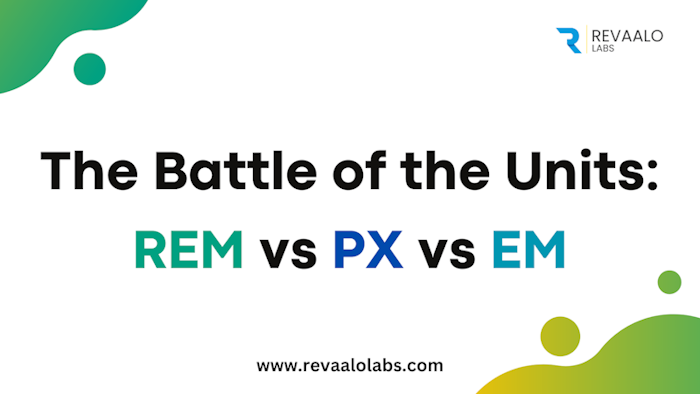
One of the most critical decisions website developers must make is deciding what unit of measurement to use when sizing elements, fonts, and other design properties.
Read more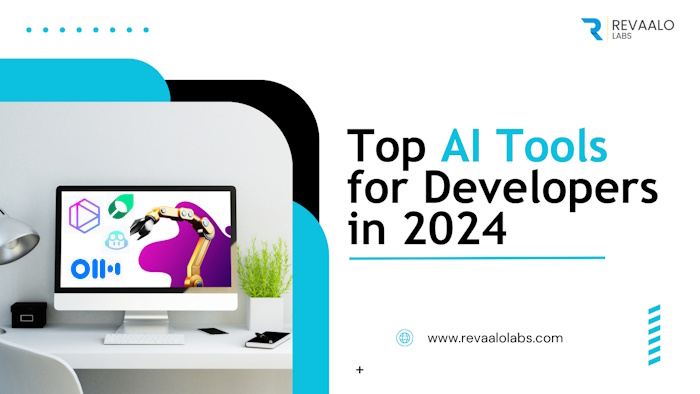
It`s an amazing technology-one that will help us solve society`s toughest problems and reshape the world.
Read more13
December
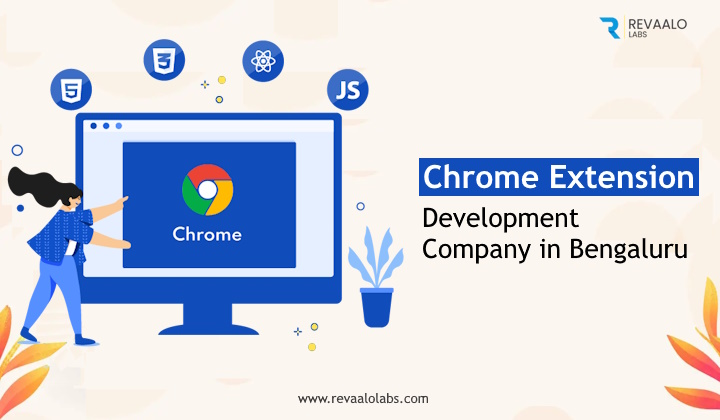
Today, web browsers play a significant role in our lives, providing us with access to a world of information and possibilities.
Read more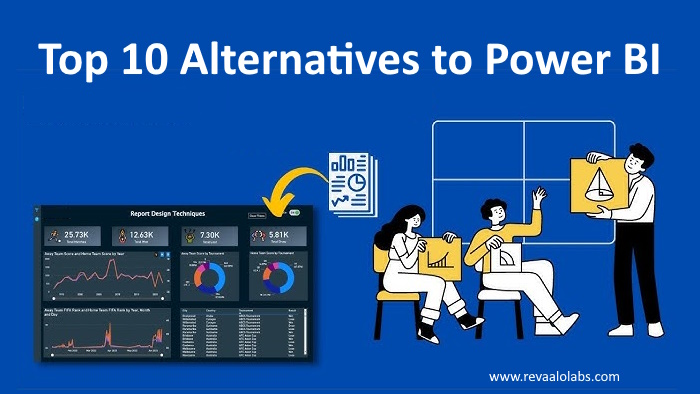
Power BI is a popular business intelligence tool developed by Microsoft for data visualization and analysis. While Power BI is a robust solution, there are several alternatives available that cater to different needs and preferences.
Read more09
October
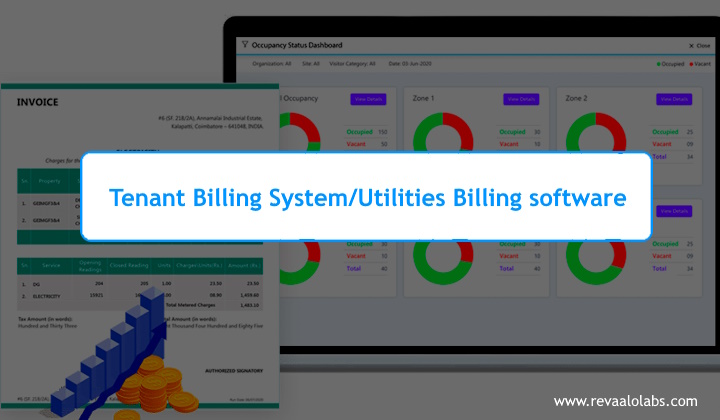
Tenant billing systems are software solutions used by property owners, managers, and landlords to accurately bill tenants for their usage of utilities and services.
Read more